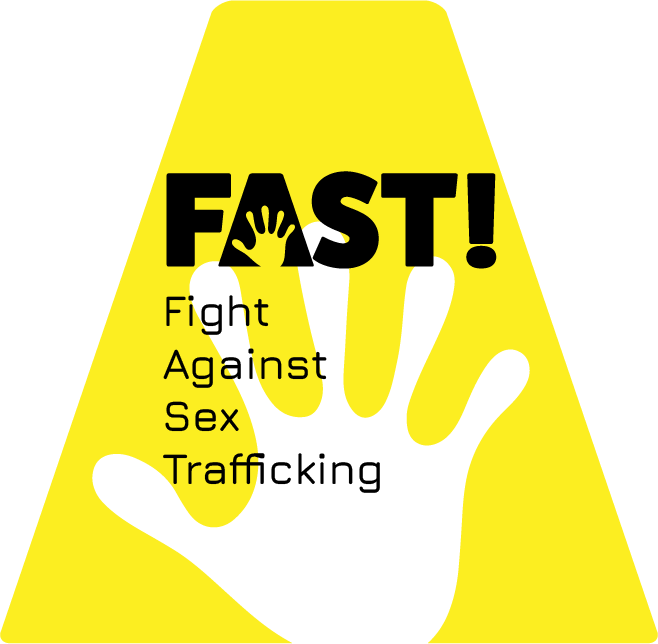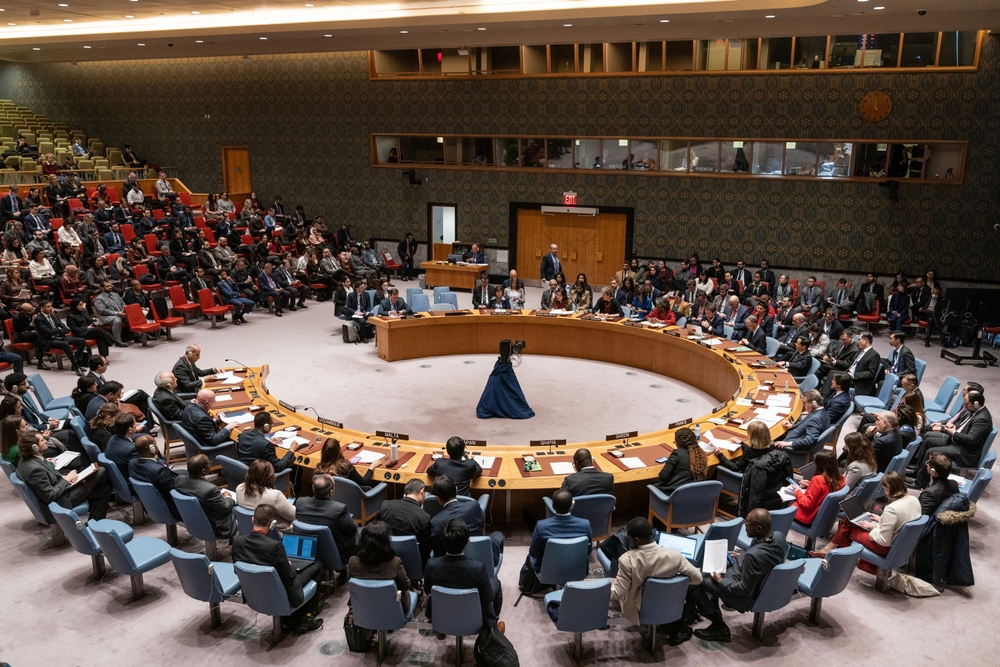Will Global Leaders Finally Act? As global leaders gather for the 79th Session of the United Nations General Assembly, they are set to adopt the “Pact for the Future” — a key document outlining international priorities. Among these is a much-needed focus on modern slavery, human trafficking, forced marriage, and forced labor, featured in Actions 34 and 38 of the Pact. This commitment comes at a critical time when the global landscape of human rights violations has worsened significantly.
The inclusion of modern slavery in the Pact is long overdue. As highlighted by Katharine Bryant, Director of Operations at Walk Free, an alarming 50 million people are trapped in forced marriage and forced labor, a staggering increase of 10 million in just five years. Factors such as the COVID-19 pandemic, climate change, and ongoing conflicts have contributed to this surge. Yet, the grim reality is that despite mounting evidence of these crimes, global attention to human trafficking and modern slavery has waned in the last decade.
Will Global Leaders Finally Act?
For years, efforts to combat human trafficking and modern slavery have been overshadowed by other pressing global concerns. Despite widespread awareness, many governments have shown inadequate interest in addressing these issues comprehensively. This negligence has allowed trafficking rings and exploitative industries to thrive, often under the radar of law enforcement and policymakers.
The Pact for the Future offers an opportunity to correct course, but we must remain cautious. Mere inclusion in an international agreement is not enough; decisive action must follow. It’s essential that governments recognize modern slavery as a systemic issue tied to other global challenges — from poverty to gender inequality. Failure to address it holistically will only perpetuate cycles of exploitation.
In this pivotal moment, the world should expect more than symbolic gestures. Governments must prioritize real, sustained action against modern slavery.
By embedding these considerations throughout their policies and fostering international cooperation, leaders can make a meaningful impact. Let’s hope this time, the urgency is met with tangible solutions. The millions trapped in human trafficking deserve nothing less.



